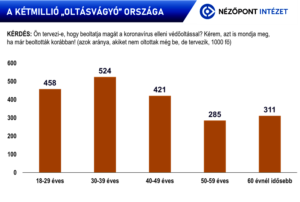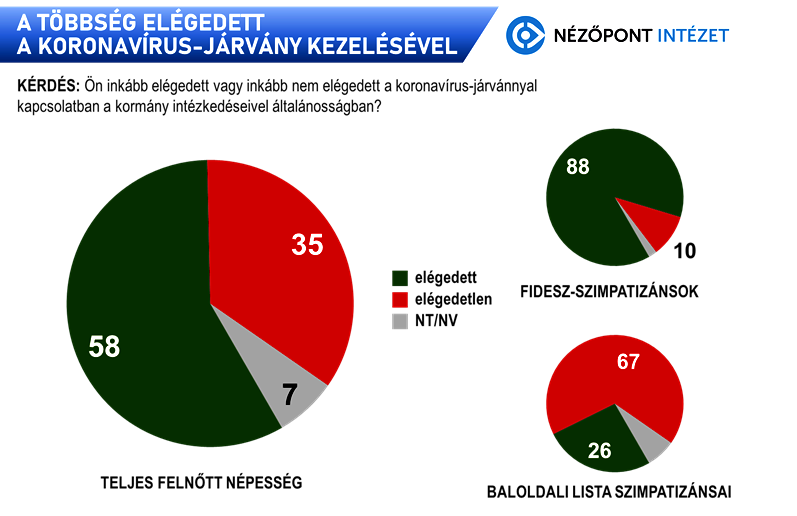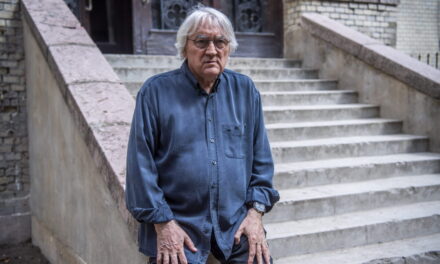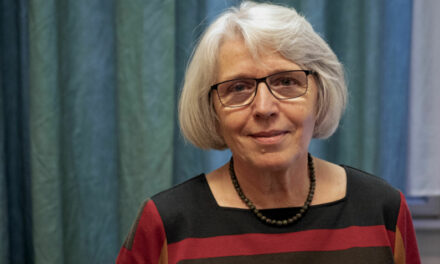Six out of ten Hungarians are satisfied with the government's measures against the coronavirus, but party preference has a strong influence on the opinion. Last week's survey by the Nézőpont Institute also revealed that two million adult Hungarians, one million of whom are under the age of 40, plan to get vaccinated. Therefore, the goal of a country of six million vaccinated is not unattainable either.
58 percent of Hungarians are generally satisfied with the government's measures related to the coronavirus epidemic. Viktor Orbán's success in crisis management is shown by the fact that this indicator never fell below 50 percent during the epidemic , i.e. at least every second Hungarian voter was "rather satisfied" with the cabinet's decisions. This was not the case with the French, the Germans or the Spanish. Of course, party preference has a great influence on the formation of opinions here: 88 percent of those who sympathize with Fidesz, while 26 percent of supporters of the left are satisfied with the government's handling of the epidemic. The fact that every fourth left-wing voter is satisfied with the government in this area suggests that the left cannot hope for "help" from the virus in creating anti-government sentiment.
In the Nézőpont Institute's research, 81 percent of those polled indicated that they were in favor of vaccination, and 17 percent that they currently do not ask for the vaccine (this statistically corresponds to the 80 percent pro-vaccination rate measured two weeks ago). Almost a third of the 81 percent of supporters (25 percent of the entire adult population) said that they had not yet received the first dose, but they are pro-vaccination, which roughly corresponds to 2 million adult citizens. Due to the large number of people who want to be vaccinated, it is reasonably probable that sooner or later more than 6 million people will be vaccinated in Hungary (at the time of the research, there were 4.1 million registered people vaccinated).
Almost half of the two million "wanting to be vaccinated", about one million Hungarian adults, are under 40 years of age. It can be assumed that they plan to travel and attend festivals the most in the summer, for which they will also need the vaccine. This also makes a further spectacular increase in vaccination rates likely.














